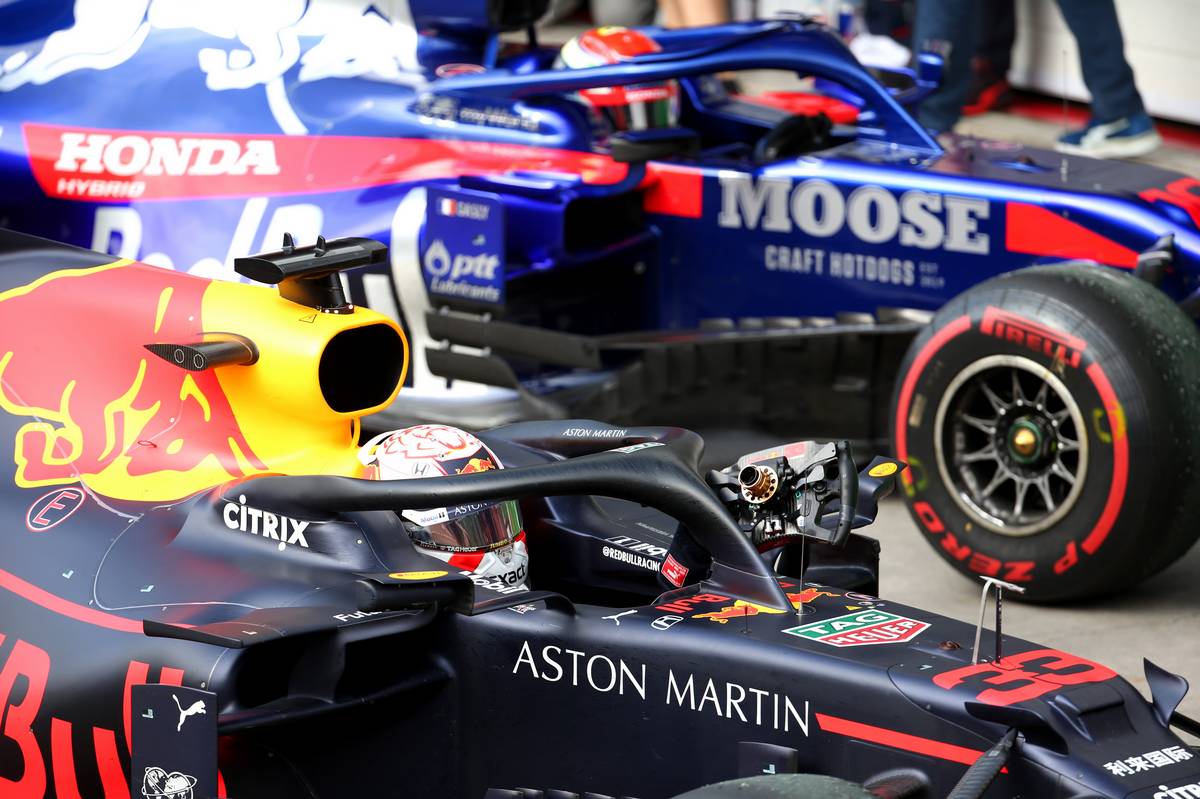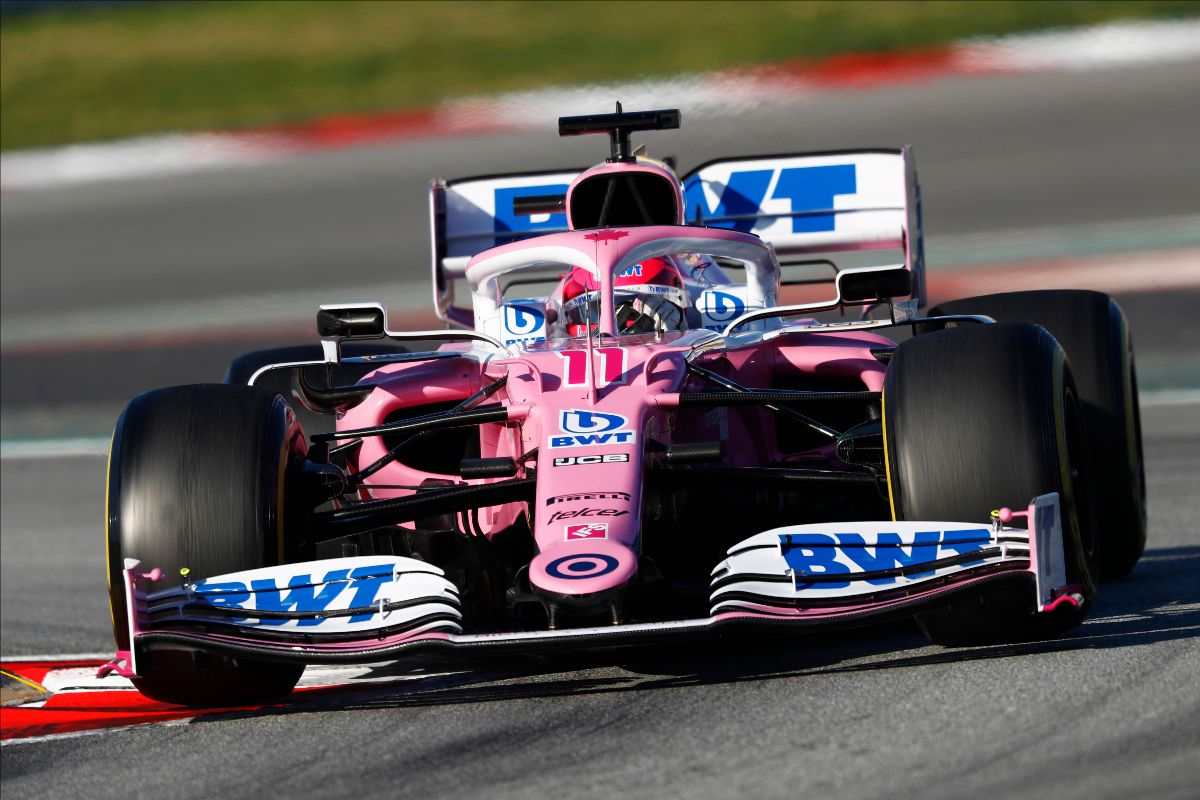
Red Bull's Christian Horner reiterated his call to allow customer cars in F1, arguing once again that the concept would fast-track the sport's smaller teams' path to competitiveness.
To mitigate the effects of a financial crisis rooted in the Coronavirus pandemic, Formula 1 has implemented a series of measures to help the smaller outfits weather the storm.
The sport's extensive regulation overhaul has been delayed until 2022 while a reduced budget cap shall be introduced next season.
F1's chiefs and the teams are on the verge of setting next year's cost cap level, which is anticipated to be fixed at $145m, but Horner believes too much emphasis is being put on the cap's threshold while alternative cost saving ideas are being discarded.
"So much is made about the figure of the cost cap that I believe it is missing the point," Horner wrote in a column entitled 'Strange Times' published on Red Bull racing's website.
"F1 teams will always spend whatever budget they have available to them. Plus an extra 10 per cent.
"It is impossible to compare the spending of Ferrari to Haas, of Mercedes to Racing Point or even from Red Bull to AlphaTauri. They are all completely different structures and business models.
"I believe the solution should be looking at what drives those costs up in the first place and that is the R&D cost of building and developing cars in the hope of being competitive.
"I fully support the need to reduce costs and ensure that all 10 teams remain in the sport but there are many ways to accomplish that goal and they are not all just about lowering the cost cap."

While customer cars have been banned in F1 since 2009, teams can acquire from a front-running outfit non-listed parts, i.e. components which a team is not required to produce in-house, unlike listed parts which include the monocoque, survival cell, bodywork, wings, diffuser, etc...
Horner suggests an access to customer cars for smaller teams would not only help reduce costs but also boost the midfield's performance level, a crucial objective of F1's future regulation change.
"If the main target of a cost cap is about being competitive and helping the smaller teams, especially as we come through the current crisis, then I would be fully open to selling our cars at the final race of the season in Abu Dhabi," added Horner.
"Some people say that customer cars are against F1’s DNA to design and build your own car, well times have changed and we need to find the best way to make the smaller teams competitive and survive the current crisis.

©RacingPoint
"This approach works well in MotoGP and it could even attract more teams to the grid, which we would all welcome.
"Teams spend fortunes over winter copying others, why not just give them the opportunity to buy last year’s car?
"It would make far more sense for a team to be competitive, rather than spending money developing something if the funds are not there to do so.
"As the business model of the smaller teams evolves and they become more competitive with customer cars, they can bring in increased revenue and then look to build their own cars again.
“I truly believe the customer car solution could help in the short term and should be a serious consideration,” said Horner.
Gallery: The beautiful wives and girlfriends of F1 drivers
Keep up to date with all the F1 news via Facebook and Twitter






